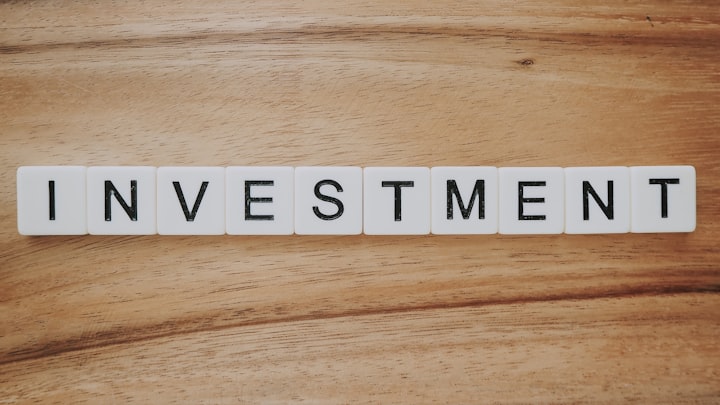Germany Recession 2023
Germany Recession 2023

The German economy is one of the largest and most advanced in the world. As the largest economy in the European Union (EU) and the fourth-largest in the world by nominal GDP, Germany plays a significant role in global trade and finance. Here are some key aspects of the German economy:
Economic Strength: Germany is known for its strong industrial base and export-oriented economy. It is home to several globally recognized companies in sectors such as automotive, engineering, chemicals, machinery, and pharmaceuticals. The "Made in Germany" label is often associated with high-quality and reliable products.
Manufacturing Powerhouse: Germany has a well-developed manufacturing sector that contributes significantly to its economy. It is particularly known for its automotive industry, with companies like Volkswagen, BMW, and Mercedes-Benz leading the way. Other prominent manufacturing sectors include machinery, electrical engineering, chemicals, and pharmaceuticals.
Export-Oriented: Germany is one of the world's leading exporters. It relies heavily on exports to drive economic growth, with a strong focus on machinery, vehicles, chemicals, and electronics. Key export destinations include countries within the EU, the United States, and China.
Skilled Workforce: Germany is known for its highly skilled workforce. The country has a well-established vocational training system that combines practical on-the-job training with theoretical education, producing a skilled labor force that contributes to the country's industrial competitiveness.
Innovation and Technology: Germany places great emphasis on innovation and technological advancement. It has a robust research and development (R&D) sector, fostering innovation across various industries. The country is renowned for its engineering prowess and has a strong focus on cutting-edge technologies such as automation, robotics, and clean energy.
German Economy in to Recession
Germany has slipped into recession as last year’s energy price shock takes its toll on consumer spending.
Output in Europe’s largest economy dropped 0.3% in the first three months of the year, following a 0.5% contraction at the end of 2022, official data showed Thursday.
The Federal Statistical Office downgraded its previous estimate of zero growth in gross domestic product (GDP) compared with the previous quarter. A recession is defined as two consecutive quarters of declining output.
“The persistence of high price increases continued to be a burden on the German economy at the start of the year,” the office said. “This was particularly reflected in household final consumption expenditure, which was down 1.2% in the first quarter of 2023.”
Claus Vistesen, chief euro area economist at Pantheon Macroeconomics, said spending by consumers in the first quarter was crimped by “the shock in energy prices.”
European energy prices were already rising when Russia’s invasion of Ukraine in February last year sent them soaring to record highs. Moscow then went on to throttle gas supplies to European countries, prompting Germany to declare an emergency.
German Chancellor Olaf Scholz described the outlook for the economy as “very good,” pointing to measures his government has taken in recent months to expand renewable energy production and attract foreign workers.
“There is a lot of investment in Germany in terms of battery and ship factories, which is increasing significantly, and we can therefore be confident,” he said at a press conference in Berlin.
However, Franziska Palmas, senior Europe economist at Capital Economics, forecast that German output would shrink again in the third and fourth quarters.
Writing in a note, she said higher interest rates, needed to tame inflation, would continue to weigh on both consumption and investment, and Germany’s exports might also suffer as demand was sapped by weakness in other developed economies.
China is Germany’s most important trading partner, just ahead of the United States. Exports of German cars to China fell 24% in the first quarter.
Germany’s recession around the turn of the year looks to have been relatively shallow, defying much gloomier predictions by its top economic forecasters. A report by five German economic institutes in April 2022 said the country’s GDP would contract by 2.2% in 2023 if its supply of Russian natural gas was suddenly shut off.
The German economy is expected to shrink by 0.1% in 2023, according to the latest forecast from the International Monetary Fund.
About the Creator
Arun Ramasamy
Nature Lover, Just go with the flow, techno freek.
Do what you can.. don't when you cannot.






Comments
There are no comments for this story
Be the first to respond and start the conversation.